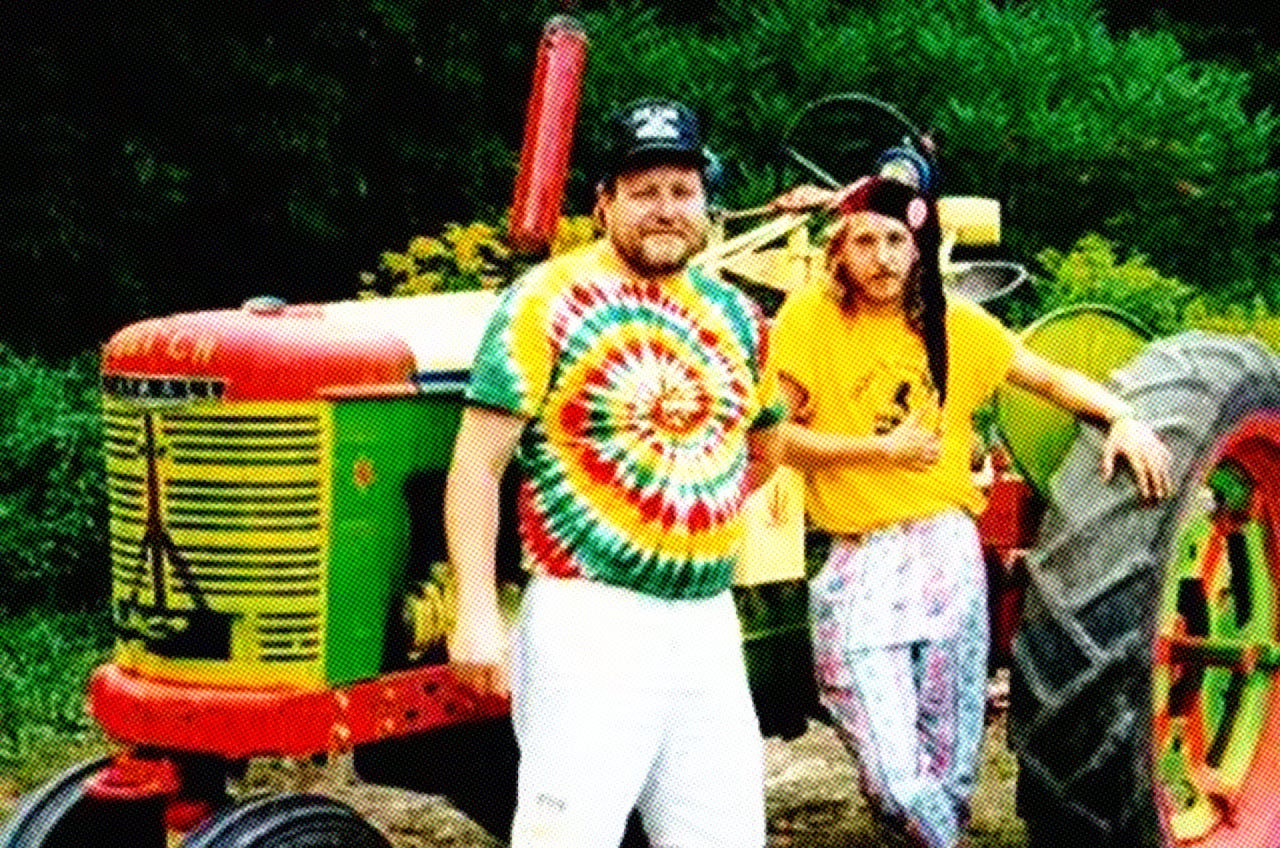21 Years Ago Today: Rebellion at Rainbow Farm (Part 1)
Michigan's "Weed Waco," overshadowed by 9/11
The following story was written by yours truly and killed by a publication that was subsequently killed itself by the cut-throat media environment. I’m publishing it here online for the first time. It’s a big one, so I’m splitting it into two parts. You can read part 2: here.
This story takes place in a weird, ancient era: the mid-to-late nineties. Marijuana was highly illegal, and if you were in a certain subculture, you were dragged into the drug war whether you liked it or not. Until 2001, Rainbow Farm was an important part of the movement to end the drug war.

Tracy “Buggy” Brown has led an interesting life. To hear him tell it, he might’ve been uniquely qualified to approach Rainbow Farm on Friday, August 31, 2001.
“And that goes back to my cult training,” he tells me. “Because I was explosives in my cult, as far as end-of-days stuff. So I know what detcord [detonating cord] is. It was wrapped around propane tanks [at Rainbow Farm].”
Brown was raised in New Vrindaban, West Virginia, the largest Hare Krishna community in North America. To understand where he’s coming from, Brown suggested that I read Monkey On A Stick, a true crime tale of drug running, polygamy, and weapons stockpiling that centers around life in the community. I did as I was told, and after reading the book, I decided that it was probably safe to assume that Buggy Brown knows detcord when he sees it.
Rainbow Farm was a campground near the town of Vandalia in Cass County, Michigan, known for music festivals with names like Hemp Aid and Roach Roast. It was also a hub of activism, part of the statewide fight for marijuana legalization. Over the years its owners, Grover “Tom” Crosslin and his partner, Roland “Rollie” Rohm, became locked in a bitter feud with the county prosecutor. This, in turn, led to an armed standoff and the deaths of Crosslin and Rohm.
To merely call it an armed standoff and leave it there fails to do the scene any justice. Instead of attending a court hearing, Crosslin and Rohm had torched Rainbow Farm and waited for law enforcement to arrive. This led to a five-day siege, with the sheriff’s department, state police, and FBI surrounding the property.
Some locals call it the “Weed Waco.”
Buggy Brown, who had moved to rural Cass County a year earlier, was milking cows when he saw smoke coming from Rainbow Farm. After finishing his shift, he drove to the farm in his van, where he was greeted by Rollie, who was “camo’d and armed.”
“He just told me it was time for me to go, things were going to happen,” Brown says. “I was like, let’s smoke one more bowl. So I got my pipe and my weed, me and him sat there and smoked. Then I was like, I’ll see you when I can see you.”
Upon returning home, Buggy found a phone and called the Sheriff.
For the next several days, he would serve as law enforcement’s hippie hostage negotiator — a familiar face who would drive up to the farm in his van, deliver food from McDonald’s, watch soccer on the television and try (without much luck) to open a line of communication between the men at Rainbow Farm and law enforcement officials. It was an unnerving task, but Buggy kept at it. He was determined to keep his friends alive.
Keep reading with a 7-day free trial
Subscribe to Paranoid History to keep reading this post and get 7 days of free access to the full post archives.




